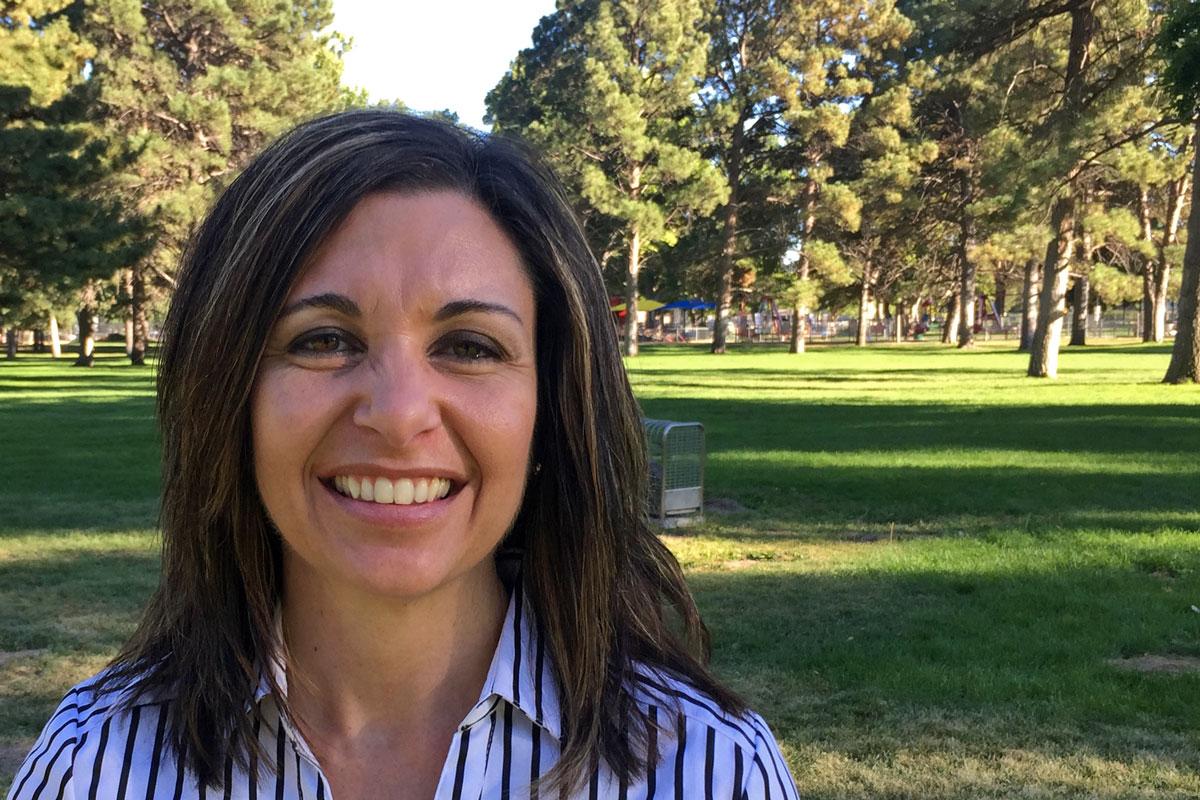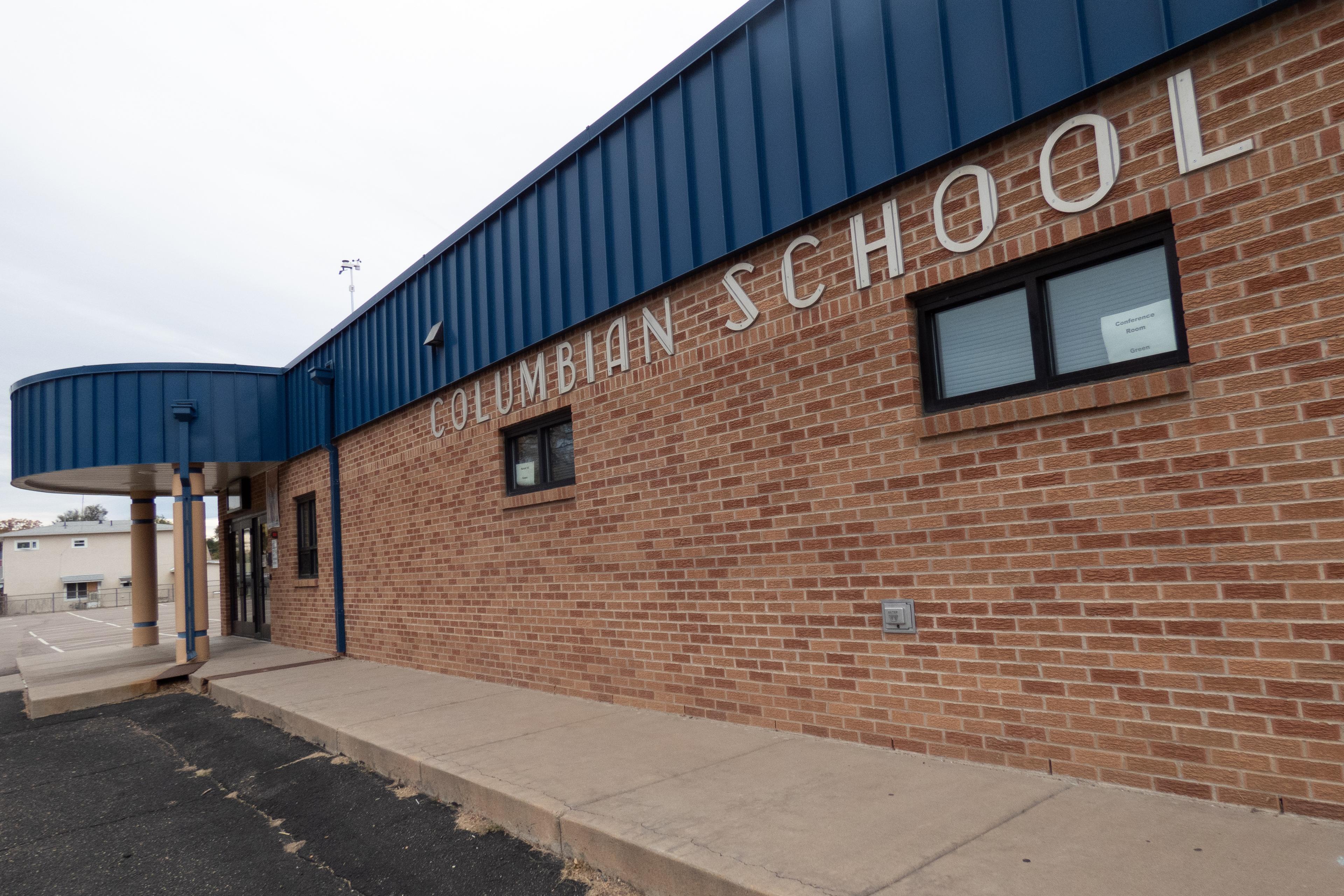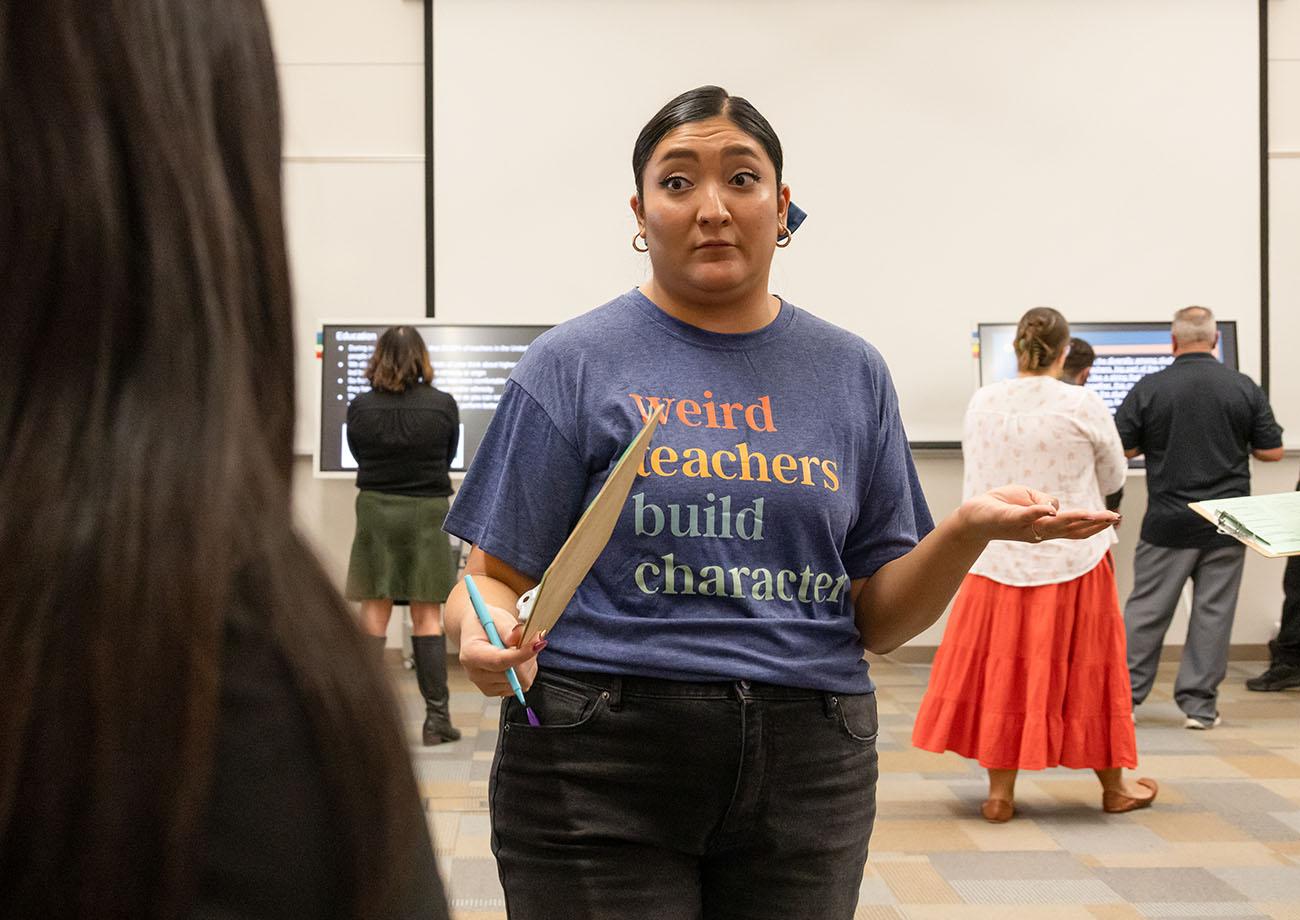
On New Year’s Day two years ago recreational pot stores in Pueblo County opened to fanfare. Not long after, Paula McPheeters was driving her son home from school when he noticed one of the shops and asked her about it.
She assured him that she hadn’t voted for legalization, adding that “just because it’s legal doesn’t mean it’s safe and just because it’s legal doesn’t make it good.” Her son followed that answer with a call to action from the back seat, “well, what are you going to do?”
McPheeters responded by helping force Question 200 onto the local 2016 ballot. Voters will decide whether to shut down all of the retail marijuana stores, grow operations and related businesses that have proliferated in Pueblo County by the end of October 2017. The question would also prohibit the county from approving any new licenses for these businesses.
“In my community, I have to deal with this every week,” McPheeters says, pulling out an edition of The Pueblo West View newspaper. “Full page ads advertising marijuana concentrates, budder and shatter, I mean, I didn’t know what that was two years ago, you know what I’m saying?”

Pueblo County has been viewed as friendly to recreational marijuana. Local politicians welcomed pot businesses with open arms, and tens of millions of dollars in investment poured in. Now, about 100 large grow operations cultivate inexpensive, high-quality marijuana, supplying stores all along the Front Range.
This isn’t what McPheeters wants Pueblo to be known for. In her view, pot is hurting the region’s image, adding to crime and endangering public health.
Of course, the industry vehemently disputes that. What gets left out of the rhetoric, they say, are the 1,300 jobs that would be affected if recreational marijuana was shut down.
Thirty miles south of the city on a remote patch of county land you’ll find Michael and Richard Kwesell’s state-of-the-art, automated greenhouse. The operation, with a price tag of more than $4 million, is now an investment that Richard Kwesell says is in jeopardy.
“We see how hard they’re working,” says Kwesell of his 80 plus employees. “You get to see the fruits of their labor right here in front of you, this doesn’t just happen, you know, this is an army’s effort right here, and those are good people.”
The Kwesell brothers built this greenhouse here, in part, because political leaders were saying “the county is open for business.” County commissioner Sal Pace envisioned Pueblo becoming the Napa Valley of pot. A place where cannabis is grown, but not “the face or storefront of cannabis” in the state. Just a fraction of sales occur in Pueblo County, 3.7 percent of the state’s total recreational sales in July, according to the Department of Revenue. Instead, Pueblo is a huge marijuana exporter, and dollars are flowing in from richer parts of the Front Range. Pace says that’s something Pueblo, which hasn’t fully recovered from the steel mill closing 30 years ago, desperately needs.
“While the rest of the state has grown economically, Pueblo has really struggled,” Pace says.
Half of all the construction development money spent in the county is marijuana-related and Pace says more than $3 million a year is expected annually when the taxes are fully ramped up.
Not every county official is enamored with the green rush. Pueblo County Sheriff Kirk Taylor says the region has not been able to keep pace with the societal costs of marijuana, like crime.
“Restraining order violations, domestic violence, some low-level assaults such as harassment, and those types of things that are marijuana-related, those crimes -- at least in my agency, again that’s unincorporated Pueblo County -- are up significantly,” Taylor says, though major crimes like assault, murder, and robbery are down since legalization.
Taylor, as an elected official, understands county politics. He says it’s the voters in the city that are heavily in favor of pot, not voters out in the county. Yet all the marijuana businesses are located outside of city limits, in the county.
Paula McPheeters says it’s time to put an end to it. If Question 200 is successful, it’d be the first time a Colorado city or county has said no to existing recreational marijuana operations.
“I think after 2 or 3 years of being overwhelmed by this industry, we finally are going to have our voice heard.”









